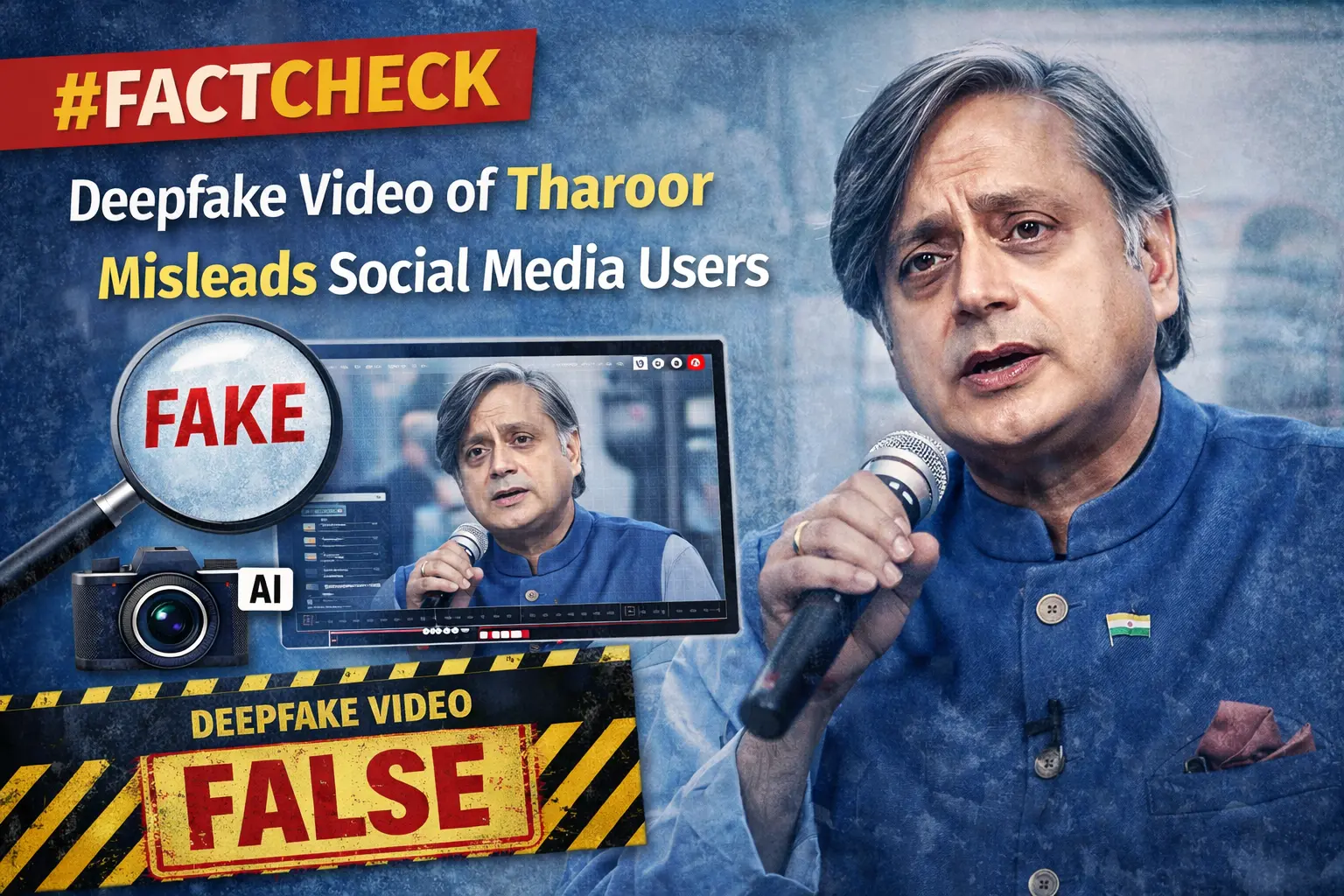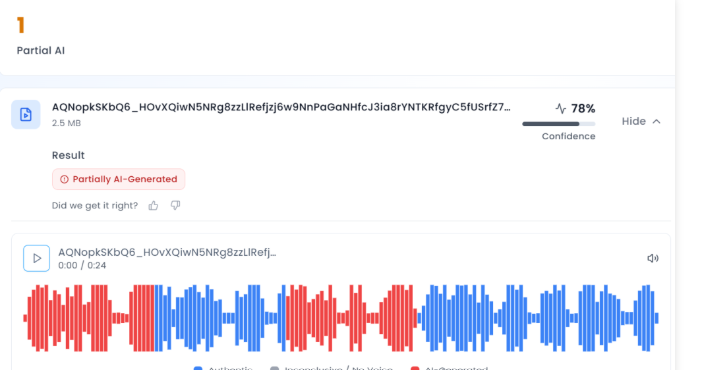Online Gaming Rules in India: What the Law Says and What Still Needs to Change
India’s online gaming industry has grown at lightning speed, drawing millions of users across age groups. From casual games and e-sports to fantasy leagues and online poker, digital entertainment has become both a social and economic phenomenon. But with this growth came rising concerns of addiction, financial loss, misleading ads, and even criminal misuse of gaming platforms for illegal betting. To address these concerns, the Government of India introduced the Promotion and Regulation of Online Gaming Act and draft Rules in October 2025. While the Act represents a crucial step toward accountability and user protection, it also raises difficult questions about freedom, innovation, and investor confidence.
The Current Legal Framework
The 2025 Act, along with corresponding changes in the Information Technology and GST laws, aims to create a safer and more transparent gaming environment.
1. Ban on real-money games:
Any online game where money is involved, whether it’s entry fees, bets, or prizes, is now banned, regardless of whether it is based on skill or chance. As a result, previously permitted formats such as fantasy sports, rummy, and poker once defended as “games of skill” now fall within the category of banned activities.
2. Promotion of e-sports and social gaming
Not all gaming is banned. Casual games, e-sports, and social games that don’t involve money are fully allowed. The government is encouraging these as part of India’s growing digital economy.
3. Advertising and financial restrictions: Banks, payment gateways, and advertisers cannot facilitate or promote real-money games. Any platform offering deposits or prize pools can be blocked.
4. Central regulatory authority: The law establishes a national body to classify games, monitor compliance, and address complaints. It has the power to order the locking of violative content and websites.
Why Regulation Was Needed
The push for regulation came after a surge in online betting scams, debt-related suicides, and disputes about whether certain apps were skill-based or chance-based. State governments had taken conflicting positions, some banning, others licensing such games. Meanwhile, offshore gaming apps operated freely in India’s grey market.
The 2025 Act thus attempts to impose uniformity, protect minors, and bring moral and fiscal discipline to a rapidly expanding digital frontier. Its underlying philosophy resembles that of the Digital Personal Data Protection Act, encouraging responsible use of technology rather than an unregulated free-for-all.
Key Challenges and Gaps
(a) Clarity of Definitions
The Act bans all real-money games, ignoring the difference between skill-based games and chance-based games. This could lead to legal challenges under Article 19(1)(g), which protects the right to do business. Games like rummy or fantasy cricket, which need real skill, arguably shouldn’t be banned outright
(b) Weak Consumer and Child Protection
Although age verification and KYC are mandated, compliance at the user-end remains uncertain. India needs a Responsible Gaming Code covering:
- Spending limits and cooling-off periods;
- Self-exclusion options;
- Transparent disclosure of odds; and
- Algorithmic fairness audits.
These measures can help mitigate addiction and prevent exploitation of minors.
(c) Federal Conflicts
“Betting and gambling” fall within the State List under India’s Constitution, yet the 2025 Act seeks national uniformity. States like Tamil Nadu and Karnataka already have independent bans. Without harmonisation, legal disputes between state and central authorities could multiply. A cooperative federal framework allowing states to adopt central norms voluntarily could offer flexibility without fragmentation.
(d) Regulatory Transparency
The gaming regulator has a lot of power, like deciding which games are allowed and blocking websites. But it’s not clear who chooses its members or how people can challenge its decisions. Including court oversight, public input, and regular reporting would make the regulator fairer and more reliable.
What’s Next for India’s Online Gaming
India’s online gaming scene is at a turning point. Banning all money-based games might reduce risks, but it also slows innovation and limits opportunities. A better approach could be to license skill-based or low-risk games with proper KYC and audits, set up a Responsible Gaming Charter with input from government, industry, and civil society, and create rules for offshore platforms targeting Indian players. Player data should be protected under the Digital Personal Data Protection Act, 2023, and the law should be reviewed every few years to keep up with new tech like the metaverse, NFTs, and AI-powered games.
Conclusion
CyberPeace has already provided its detailed feedback to MEITy as on 30th October, 2025 hopes the finalised rules are released soon with the acknowledgment of the challenges discussed. The Promotion and Regulation of Online Gaming Act, 2025, marks an important turning point since this is India’s first serious attempt to bring order to a chaotic digital arena. The goal is to keep players safe, stop crime, and hold platforms accountable. But the tricky part is moving away from blanket bans. We need rules that let new ideas grow, respect people’s rights, and keep players safe. With a few smart changes and fair enforcement, India could have a gaming industry that’s safe, responsible, and ready to compete globally.
References
- https://ssrana.in/articles/indias-online-gaming-bill-2025-regulation-prohibition-and-the-future-of-digital-play/
- https://www.google.com/amp/s/m.economictimes.com/news/economy/policy/new-online-gaming-law-takes-effect-money-games-banned-from-today/amp_articleshow/124255401.cms
- https://www.google.com/amp/s/timesofindia.indiatimes.com/technology/tech-news/government-proposes-to-make-violation-of-online-money-game-rules-non-bailable-draft-rules-ban-/amp_articleshow/124277740.cms
- https://www.egf.org.in/
- https://www.pib.gov.in/PressNoteDetails.aspx?NoteId=155075&ModuleId=3








